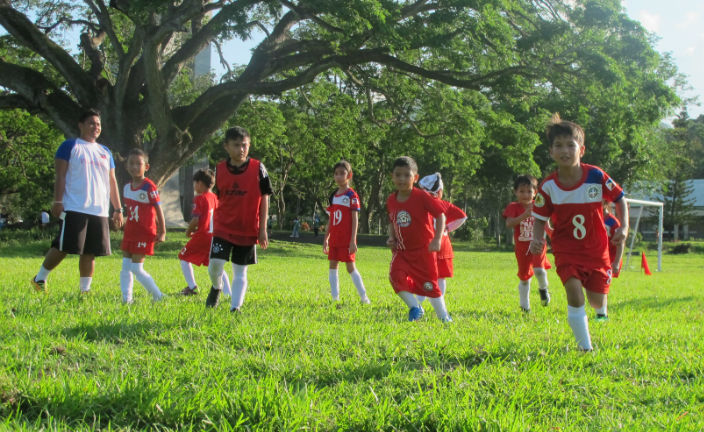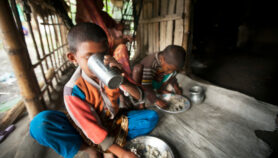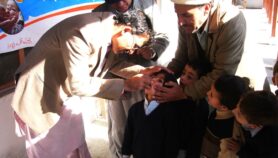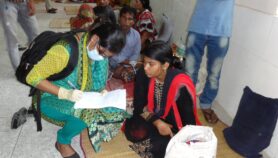By: Jose Galang
Send to a friend
The details you provide on this page will not be used to send unsolicited email, and will not be sold to a 3rd party. See privacy policy.
[MANILA] Policymakers from 29 countries in the Asia-Pacific met in Kuala Lumpur, Malaysia, this week (7-8 November) to discuss cooperative strategies on children’s health, education and welfare to prepare them for future roles in the region’s growth.
Organised by UNICEF (the UN Children’s Fund), the high-level meeting looked into experts’ data on three specific areas — effective social protection systems, preventing violence against children, promoting universal healthcare — and recommendations for future action. Strengthening South-South cooperation was also on the agenda.
“Investments in children, particularly in the earliest years, yield dividends that not only realise human rights but also slay today’s giants of inequality, deprivation and economic stagnation.”
Michael Samson, Economic Policy Research Institute, South Africa
The Asia-Pacific region is home to more than one billion children, comprising nearly half of the world’s population below 18 years old. This represents an “incredible pool of human capital…upon whom we are all counting to help shape a better, more sustainable future,” notes UNICEF deputy executive director Omar Abdi.
Michael Samson, research director at the non-profit Economic Policy Research Institute based in Cape Town, South Africa and lead author of a research paper calling for “investments” in the development of children’s cognitive skills which was presented during the opening day, argues that “today the most prominent source of economic growth lies in cognitive capital”.
“Investments in children, particularly in the earliest years, yield dividends that not only realise human rights but also slay today’s giants of inequality, deprivation and economic stagnation,” Samson says. “These investments help pave the way to an economic prosperity characterised by the achievement of human potential.”
In the Asia-Pacific region, Samson warns, rising inequality and inadequate investments in child-centred social protection threaten the economic growth that has enabled progress in tackling extreme poverty over the past several decades.
UNICEF regional advisor for economic and social policy Gaspar Fajth, a co-author of the paper on cognitive capital, points out that “child-related targets represent some of the most effective interventions” to promote the UN Sustainable Development Goals (SDGs). “Indeed several SDGs directly relate to children, starting from the very first goal, Ending Poverty,” Fajth tells SciDev.Net.
Pointing to one area where public spending on social protection can benefit wide segments of populations in the Asia-Pacific, Fajth says that many countries in the region have given priority to strengthening the pension system, by introducing social pensions for older people who contribute to economic progress outside formal employment.
“Considering that many elderly households, especially in rural areas, support — often also raise — their grandchildren (because the parents move to work in urban centres) having a pension system that works for all is important,” Fajth says. “It can also be beneficial for the ‘cognitive capital’ of young generations.”
“More family income, better child care support mean less poverty, better nutrition, greater stability, less stress at home, less time-poverty for parents and less adult-attention poverty among children as their brain develops,” argues Fajth. “Such an investment is a win-win for all and could easily be accompanied by health and nutrition-promotion measures.”
This piece was produced by SciDev.Net’s South-East Asia & Pacific desk
References
Michael Samson and others Cognitive Capital: Investing in Children to Generate Sustainable Growth (UNICEF, October 2016














